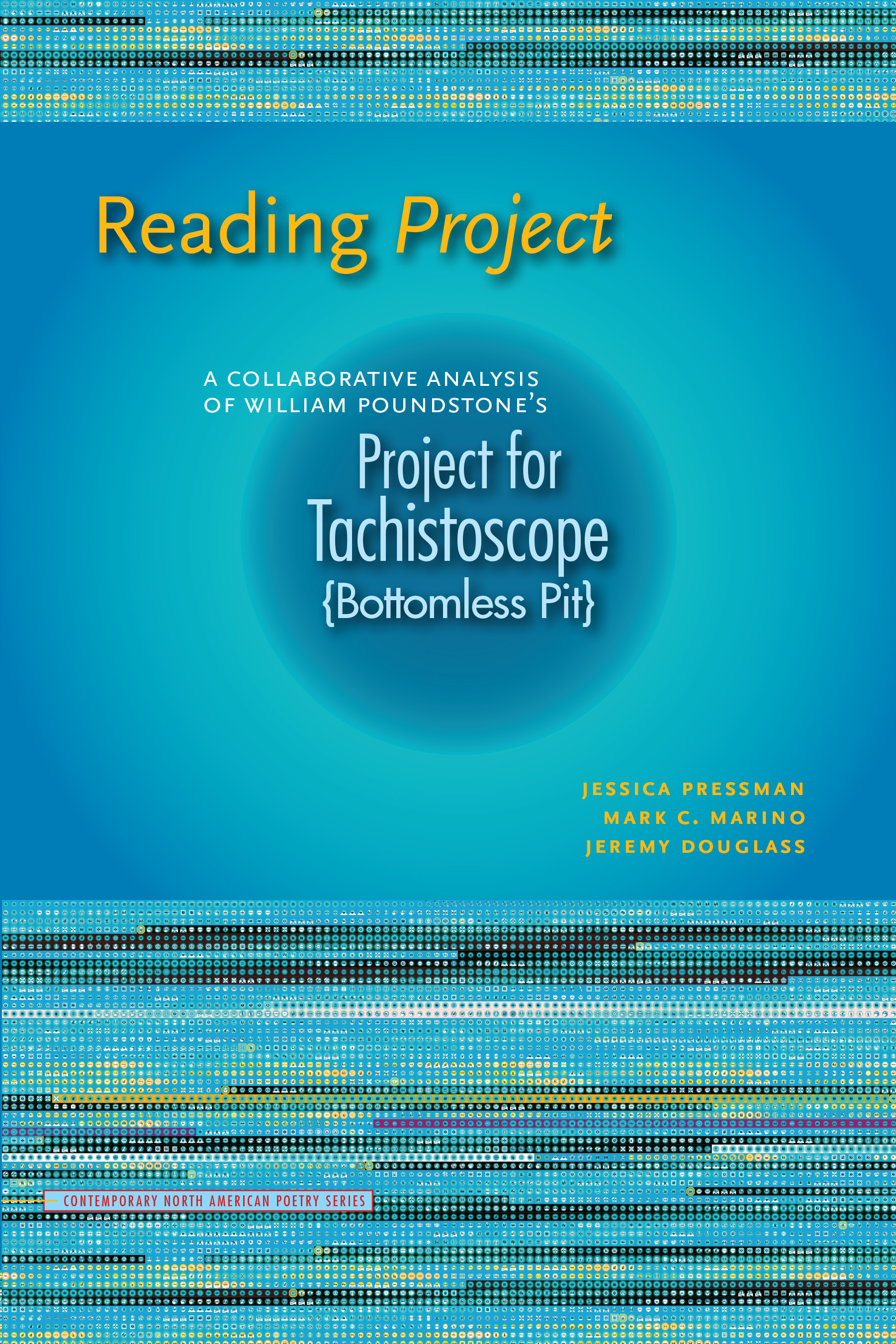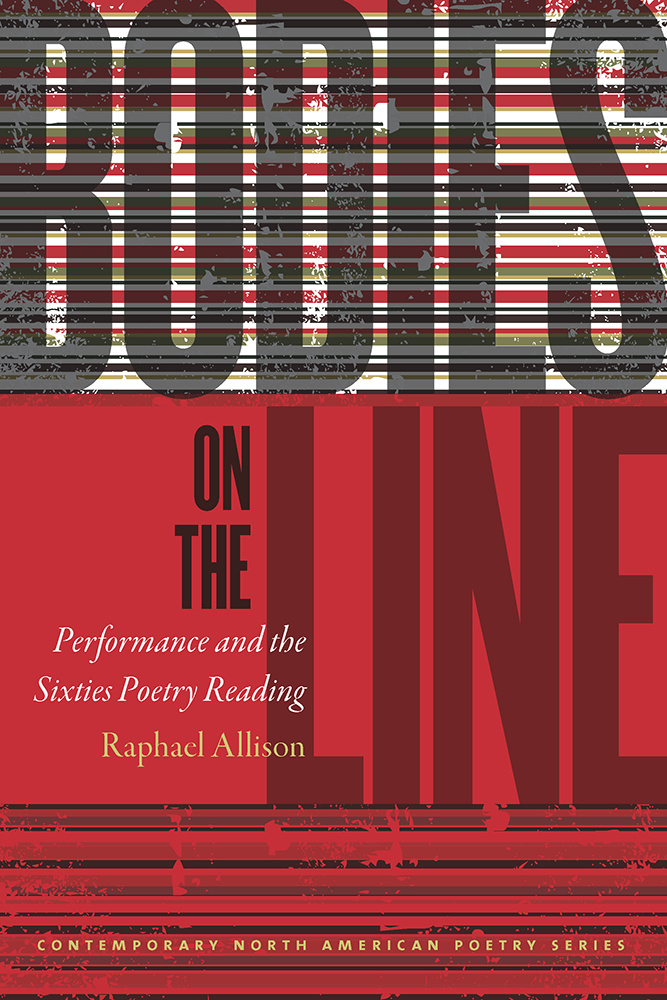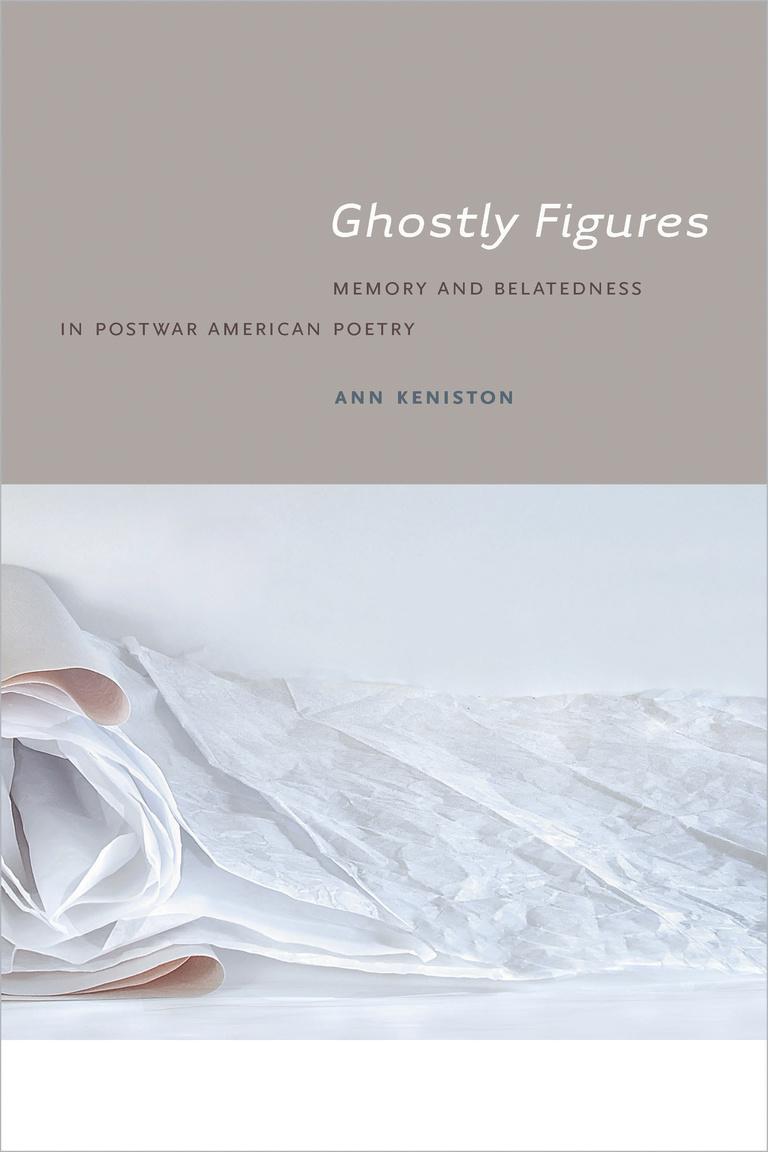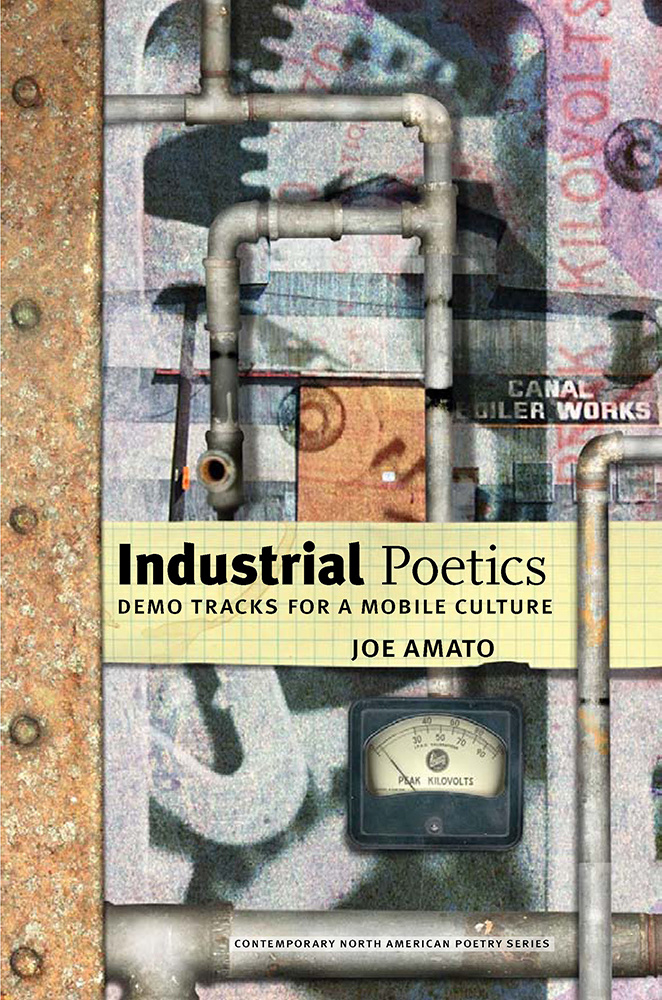Electronic Literature Organization's "N. Katherine Hayles Prize for Criticism on Electronic Literature" winner
Electronic literature is a rapidly growing area of creative production and scholarly interest. It is inherently multimedial and multimodal, and thus demands multiple critical methods of interpretation. Reading Project: A Collaborative Analysis of William Poundstone’s Project for Tachistoscope {Bottomless Pit} is a collaboration between three scholars combining different interpretive methods of digital literature and poetics in order to think through how critical reading is changing—and, indeed, must change—to keep up with the emergence of digital poetics and practices. It weaves together radically different methodological approaches—close reading of onscreen textual and visual aesthetics, Critical Code Studies, and cultural analytics (big data)—into a collaborative interpretation of a single work of digital literature.
Project for the Tachistoscope {Bottomless Pit} is a work of electronic literature that presents a high-speed, one-word-at-a-time animation synchronized to visual and aural effects. It tells the tale of a mysterious pit and its impact on the surrounding community. Programmed in Flash and published online, its fast-flashing aesthetic of information overload bombards the reader with images, text, and sound in ways that challenge the ability to read carefully, closely, and analytically in traditional ways. The work’s multiple layers of poetics and programming can be most effectively read and analyzed through collaborative efforts at computational criticism such as is modeled in this book. The result is a unique and trailblazing book that presents the authors’ collaborative efforts and interpretations as a case study for performing digital humanities literary criticism of born-digital poetics.
“Reading Project is an inspired collaboration showing how different theoretical frameworks can collaborate productively and synergistically in analyzing a work of digital literature. The book’s importance comes not only from the excellent insights it offers but, in a broader sense, as a contribution showing that traditional and digital humanities need not be antagonistic but can work together to understand much more deeply how digital literature works than any one approach could do alone. This should be required reading in every course on contemporary literature, whether print-based or digitally inclined.”—N. Katherine Hayles, author, How We Think: Digital Media and Contemporary Technogenesis
“Pressman, Douglass, and Marino bring their considerable expertise to bear on William Poundstone’s remarkable work of electronic literature, Project for Tachistoscope. The result is a richly informative demonstration of the ways the technical, poetical, graphical, and conceptual dimensions of such work calls for literary criticism that dialogues with new media practices.”—Johanna Drucker, author, Graphesis: Visual Forms of Knowledge Production
N. Katherine Hayles Prize for Criticism on Electronic Literature



